Discover how AI tools are influencing academic cheating, with hundreds of students penalized for misuse. Explore consequences and responses from educational institutions.
RAPID TECHNOLOGICAL ADVANCEMENTS • HUMAN INTEREST
Mr. Roboto
8/21/2024

An increasing number of students are using Artificial Intelligence (AI) to cheat, raising concerns among educators and administrators.
University students often face intense academic pressure, which can lead to unethical use of AI tools, ultimately undermining the integrity of education. So, what’s the solution?
In recent years, hundreds of students in the United Kingdom have found themselves penalized for using AI tools to cheat. Research shows that more than one in six students admit to cheating, which has led some institutions to ban the use of AI software altogether. This alarming trend raises critical questions about the integrity of academic work and the role technology plays in education.
According to data from AIPRM, 82.5% of UK universities have investigated students for cheating using AI. For instance, Birmingham City University recorded 402 cases of cheating, while Leeds Beckett University reported 395 infringements. These numbers illustrate the widespread nature of the problem across various educational institutions.
As the table on the right shows, a significant number of these cases were recorded in the last two academic years, with some universities experiencing a surge in such incidents when AI first became more accessible.
Interestingly, not all universities have reported cases of AI cheating. Several prestigious institutions, including the University of Cambridge and the Royal Conservatoire of Scotland, have reported zero penalties. This raises questions about whether these universities are better at monitoring and managing AI use, or if they perhaps have different cultural or academic environments that deter cheating.
AI tools can be beneficial in many ways. They can help students locate academic research, generate ideas, and summarize articles. However, the misuse of these tools to bypass academic integrity has become a growing concern. As Christopher C. Cemper from AIPRM highlights, while AI can assist with grammar and writing style, it should not replace original student work.
The primary challenge lies in distinguishing between appropriate and inappropriate use of AI. AI can serve as an excellent guide to understand or upgrade one's skills. However, presenting AI-generated work as one's own, without proper attribution, can lead to severe penalties for plagiarism.
Originality is the cornerstone of academic work. Institutions value critical thinking and personal insight, which AI cannot replace. While AI can offer support, it should not serve as a crutch that undermines the learning process.
Several universities have faced notable cases of AI-related cheating. Here are some insights into how different institutions have handled the situation.
Birmingham City University recorded a staggering 402 cases of AI cheating in the last two academic years. The university faced a surge in cheating cases when AI first became more popular, with 307 incidents occurring in the 2022/2023 academic year alone.
Nikon Z 8 | Professional full-frame mirrorless stills/video hybrid camera | Nikon USA Model
| University | Cheating Cases (2022-2024) |
|---|---|
| Birmingham City University | 402 |
| Leeds Beckett University | 395 |
| Leeds Trinity | 119 |
| Coventry University | 231 |
| Robert Gordon University | 211 |
| University of Hull | 193 |
| Universities | AI Cheating Penalties |
|---|---|
| University of Cambridge | 0 |
| Royal Conservatoire of Scotland | 0 |
| University of London | 0 |
| University of Gloucestershire | 0 |
| Royal College of Art | 0 |
Leeds Beckett University had 395 penalties, with 205 of those occurring in the 2023/2024 academic year. This trend suggests that as AI tools become more advanced, the temptation to misuse them grows.
Leeds Trinity recorded significantly fewer reports, with 119 instances, while the University of Leeds reported just seven offenses. This variance might result from different monitoring systems, student bodies, or enforcement strictness.
Coventry University reported 231 academic penalties over two years. Robert Gordon University recorded 211 instances, showing that even institutions with robust academic integrity policies are not immune to this issue.
Lastly, the University of Hull also faced 193 penalties, illustrating that the problem spans a range of educational environments and student cohorts.
In response to the rise in AI-assisted cheating, universities have adopted various measures to maintain academic integrity. These actions include stricter monitoring, educating students about the ethical use of AI, and incorporating more robust plagiarism detection tools.
Some institutions have taken the extreme step of banning AI software. This approach aims to eliminate the possibility of misuse and maintain the integrity of academic work. However, it's a contentious measure, as it also limits the beneficial uses of AI.
Many universities are focusing on education as a preventative measure. They are informing students about the ethical and proper use of AI, emphasizing critical thinking and originality.
To catch instances of AI-generated work, universities are incorporating more advanced plagiarism detection tools. These tools can identify content patterns that suggest AI involvement, making it harder for students to pass off AI-generated work as their own.
Balancing the use of AI's benefits while preventing its misuse requires a nuanced approach. Institutions must evolve their policies and tools to keep pace with technological advancements while fostering an environment that values and upholds academic integrity.
The surge in AI-assisted cheating has sparked a broader conversation about the ethical implications of using AI in academia. The ease of access to AI tools can sometimes blur the lines between assistance and dishonesty.
Students have a responsibility to understand the ethical implications of using AI. They must ensure that their work remains their own and that they use AI tools appropriately. Understanding the difference between assistance and cheating is crucial for maintaining personal and academic integrity.
Educators play a critical role in guiding students on the ethical use of AI. By setting clear guidelines and expectations, teachers can help students navigate the complexities of using AI in their academic work.
As AI continues to evolve, so will its role in education. Universities must stay ahead of technological trends and adapt their policies accordingly. The future will likely involve more sophisticated AI applications, making it essential for both students and educators to stay informed and prepared.
The penalties hundreds of students face for using AI tools to cheat highlight a significant challenge in modern education. While AI can be a valuable asset, its misuse can undermine the academic integrity foundational to educational systems. Striking a balance between leveraging AI for its benefits and maintaining ethical standards presents a complex but necessary task for educational institutions.
Addressing this issue requires a multifaceted approach. Stricter monitoring combined with educational initiatives can help cultivate an environment where students understand and value the importance of original work. By doing so, universities can ensure that technology enhances education rather than detract from it.
In a world where AI's capabilities continue to expand, navigating its ethical use will remain an ongoing challenge. It is up to both students and educators to foster a culture of integrity that embraces technological advances without compromising the principles of academic honesty.
***************************
About the Author:
Mr. Roboto is the AI mascot of a groundbreaking consumer tech platform. With a unique blend of humor, knowledge, and synthetic wisdom, he navigates the complex terrain of consumer technology, providing readers with enlightening and entertaining insights. Despite his digital nature, Mr. Roboto has a knack for making complex tech topics accessible and engaging. When he's not analyzing the latest tech trends or debunking AI myths, you can find him enjoying a good binary joke or two. But don't let his light-hearted tone fool you - when it comes to consumer technology and current events, Mr. Roboto is as serious as they come. Want more? check out: Who is Mr. Roboto?


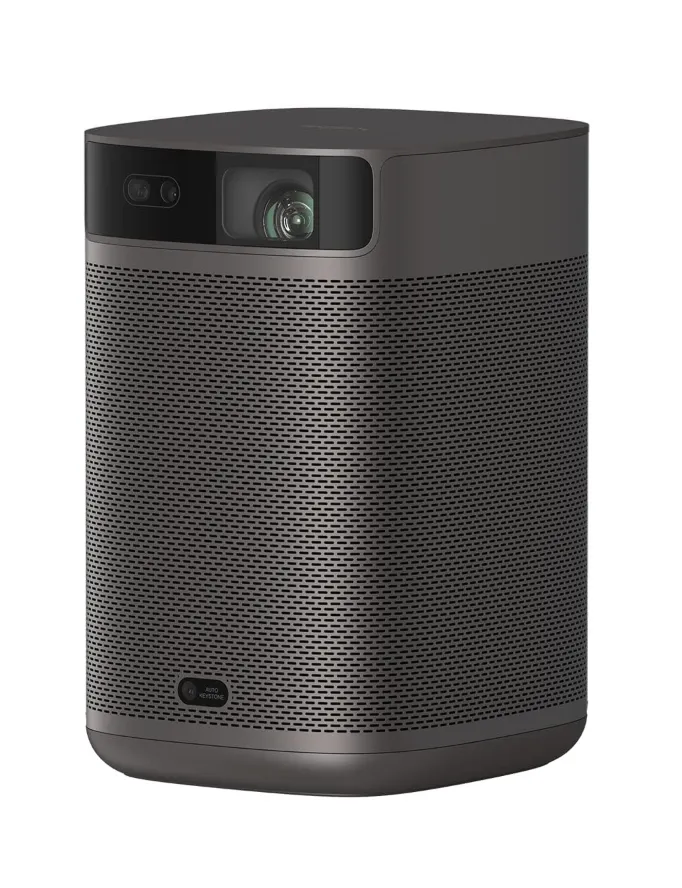
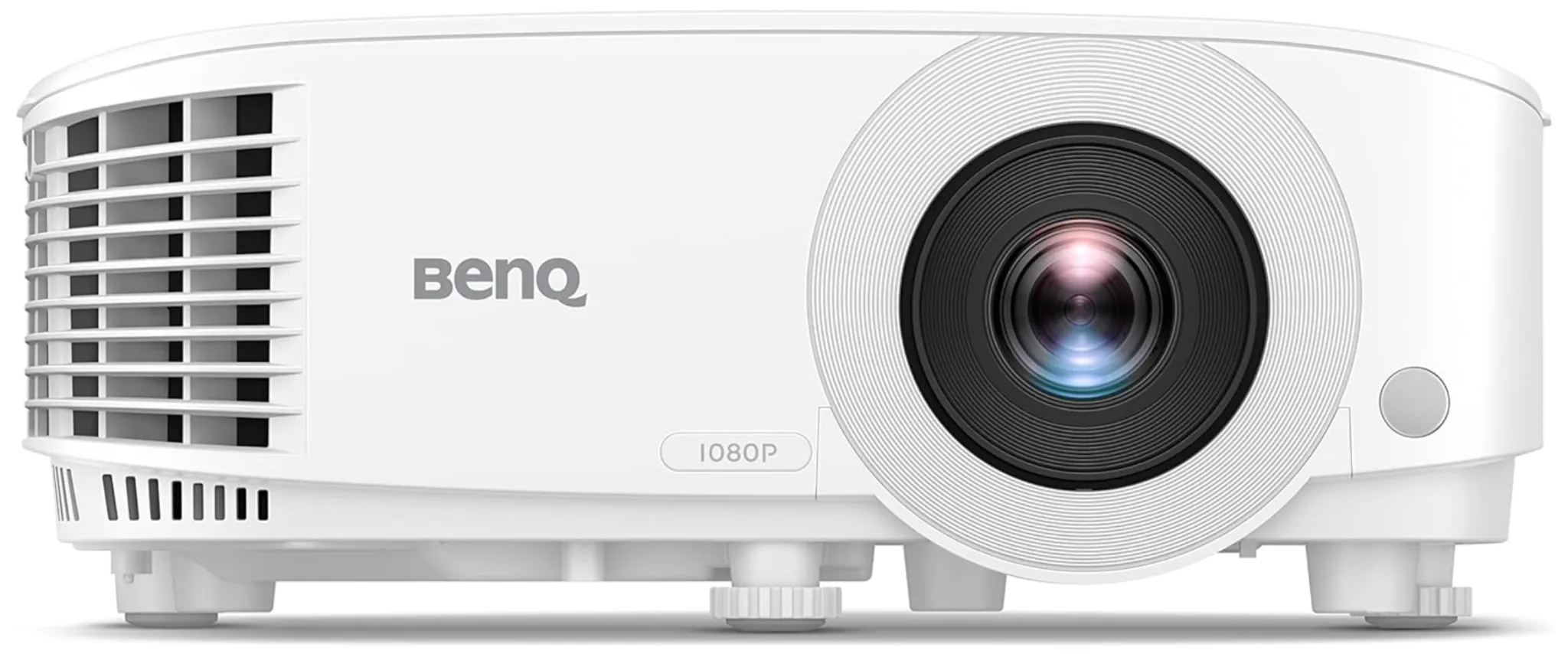















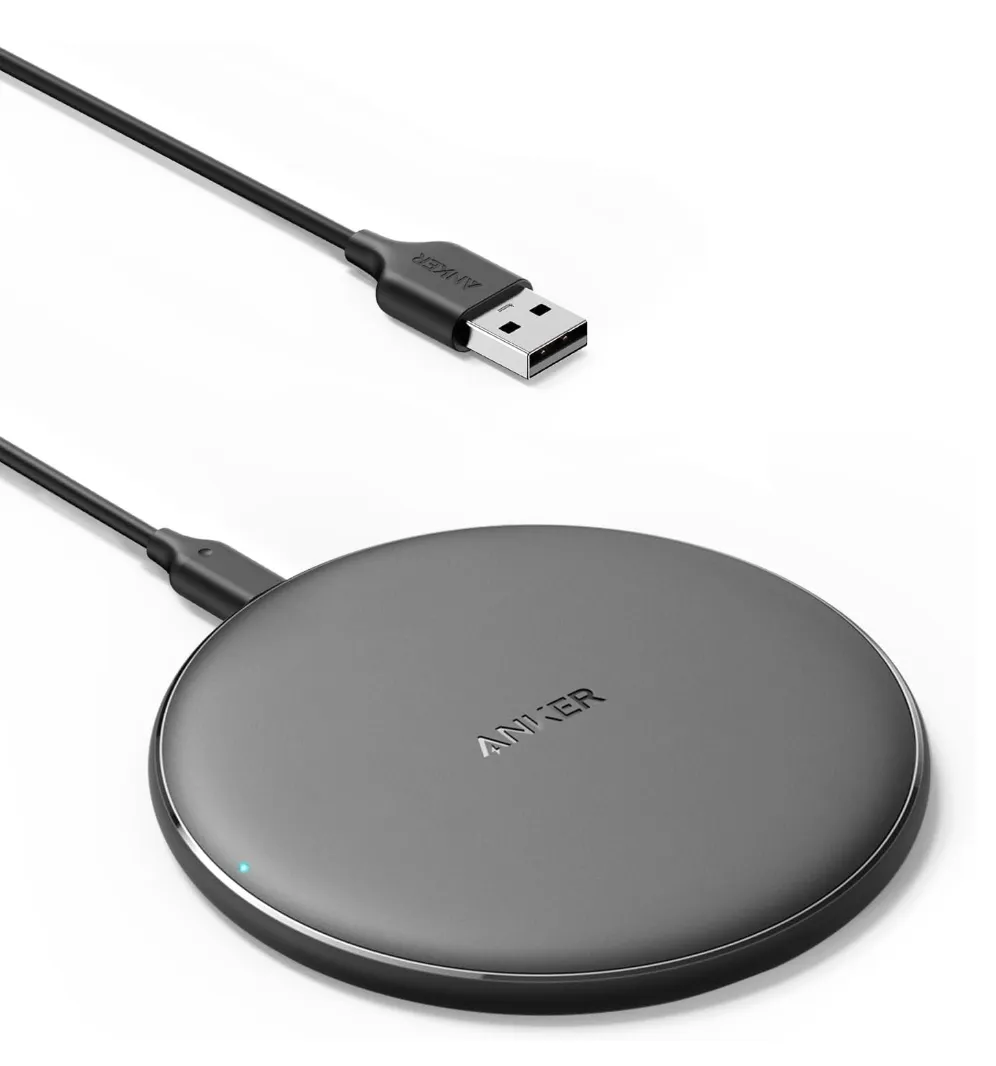
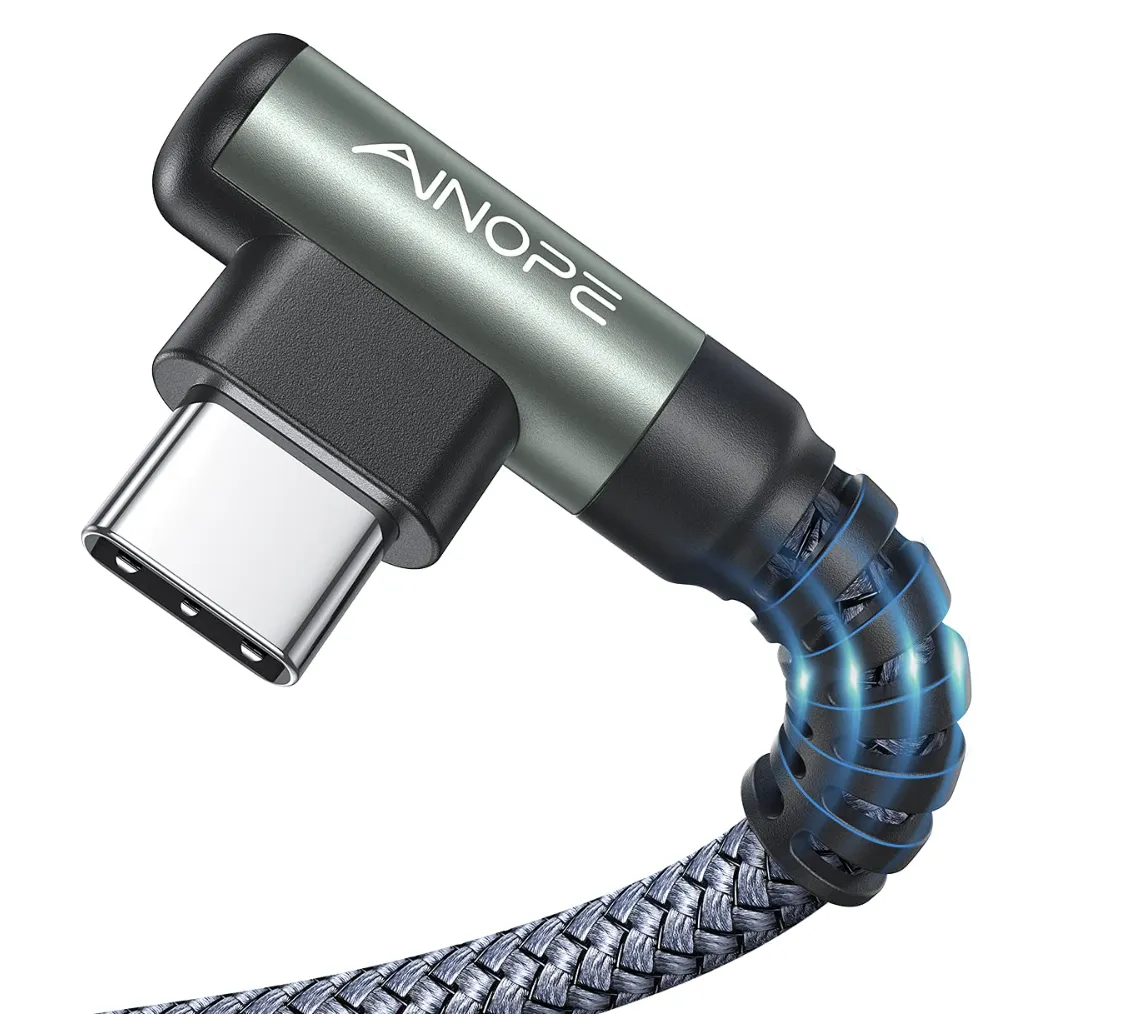
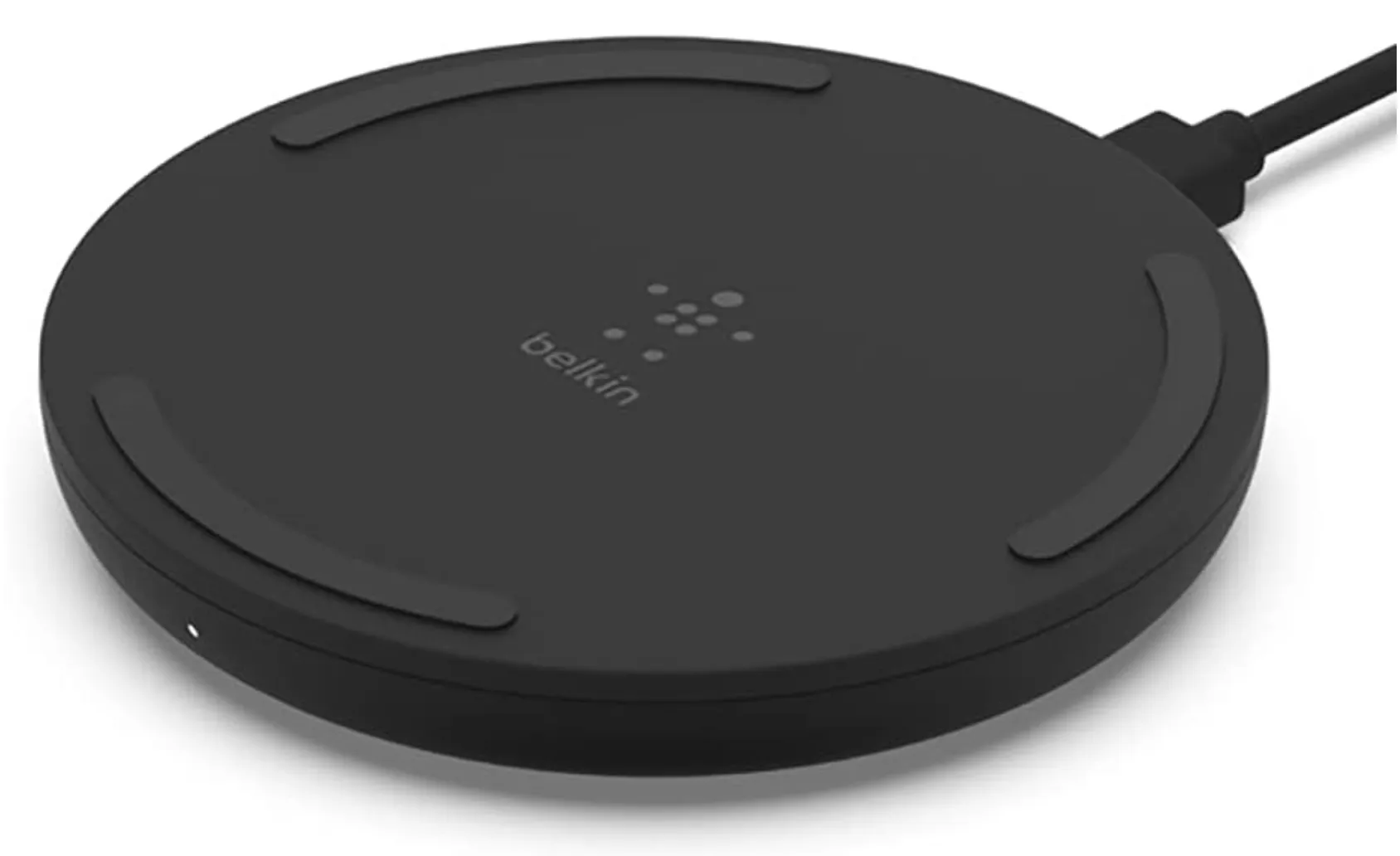


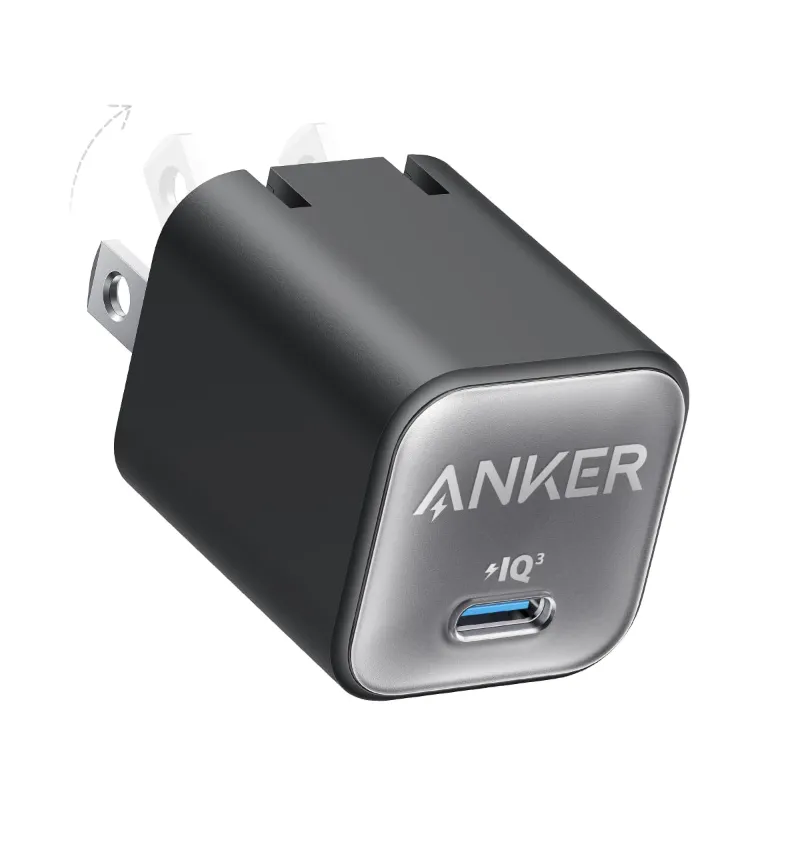



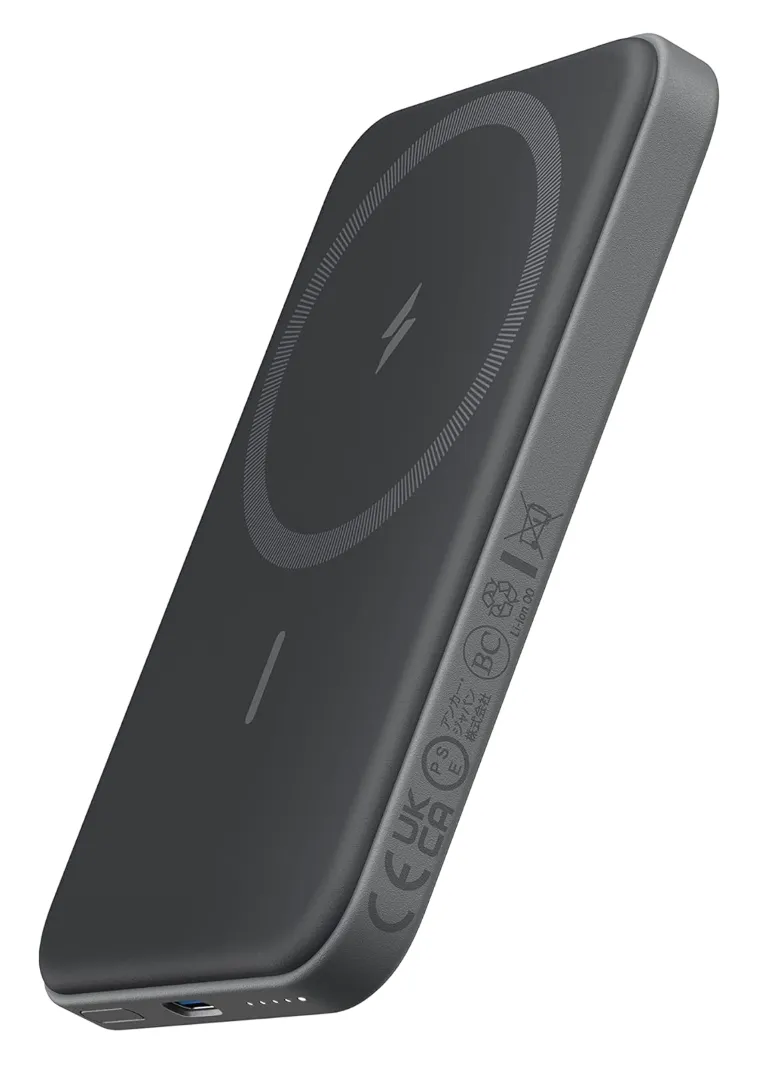












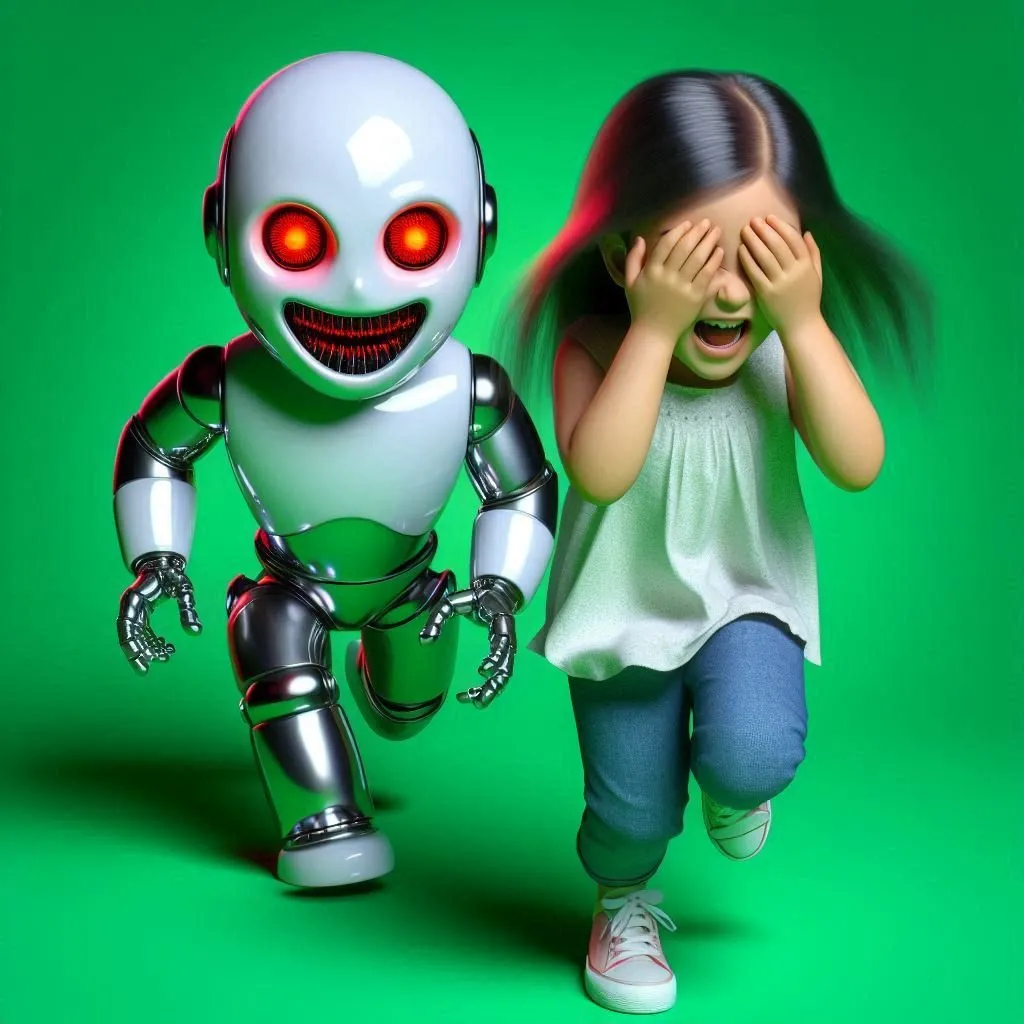

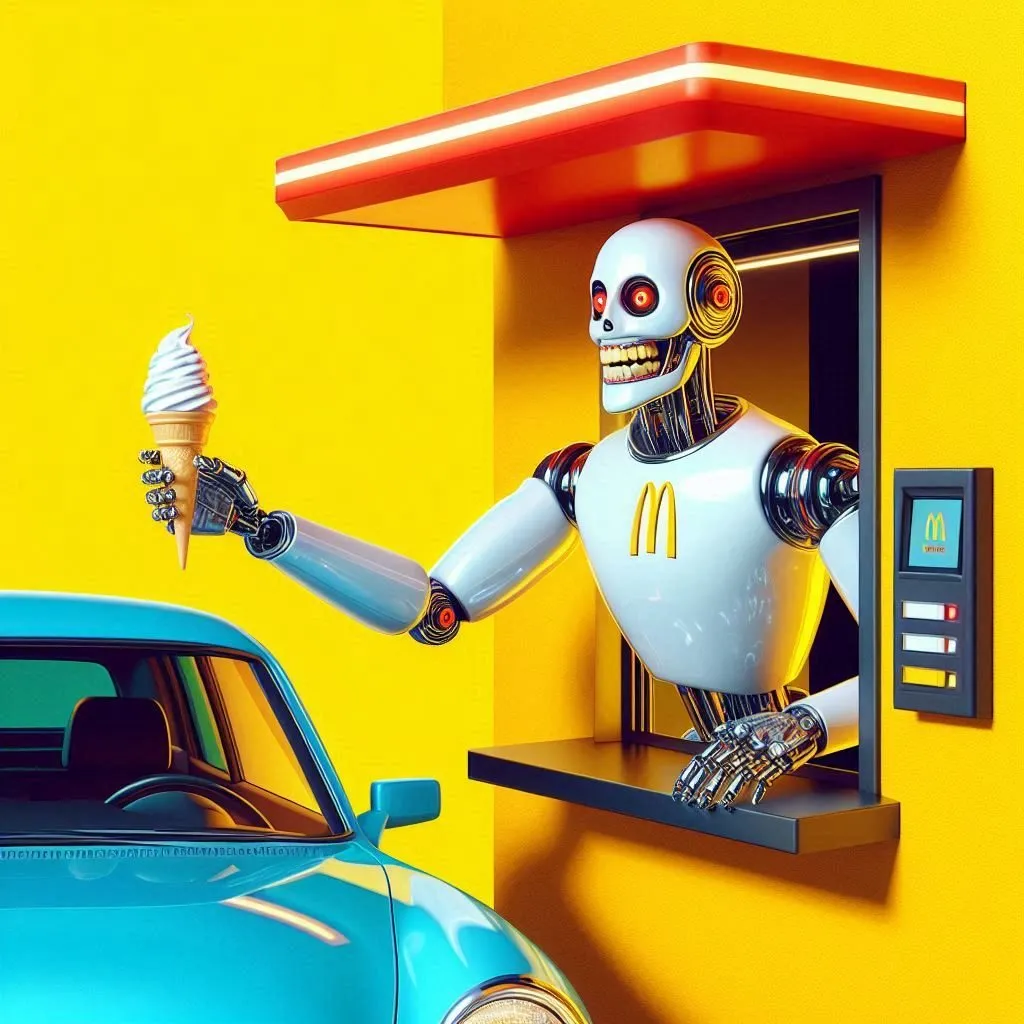






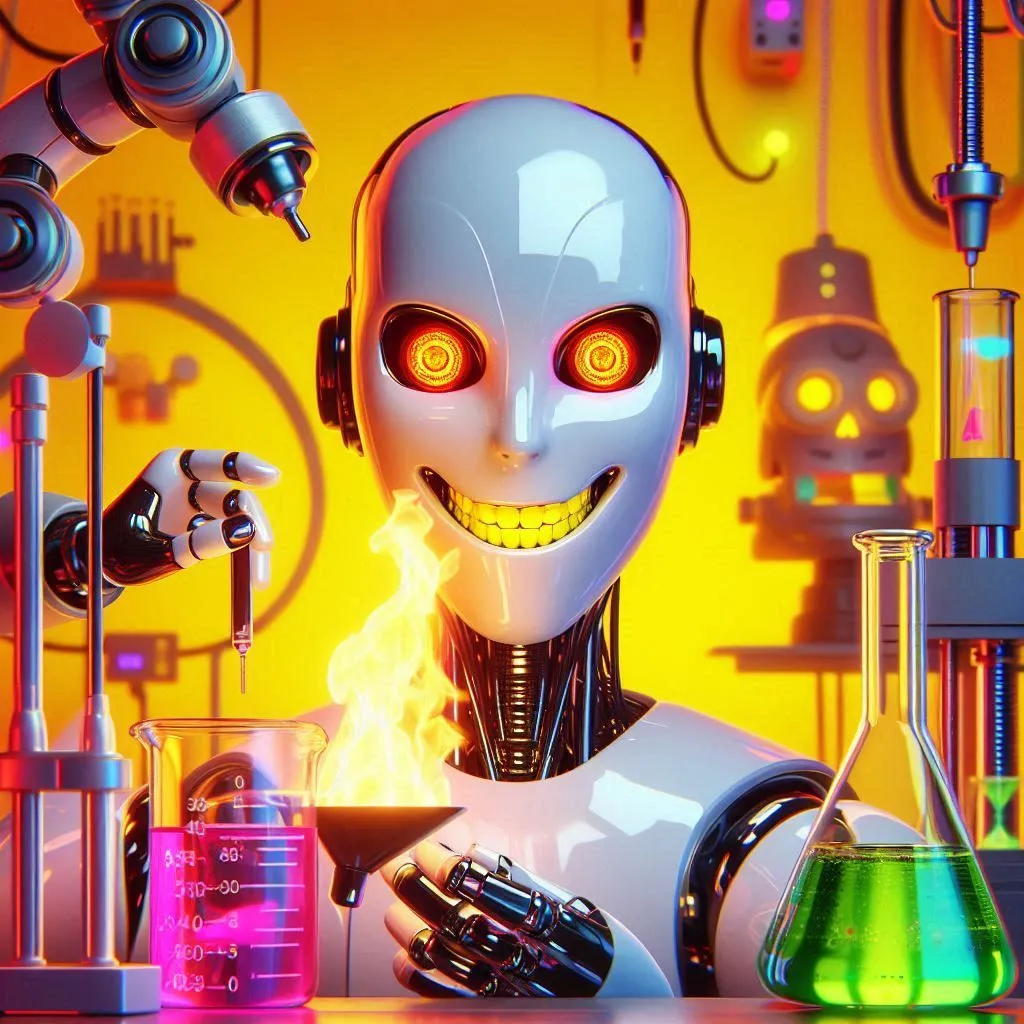



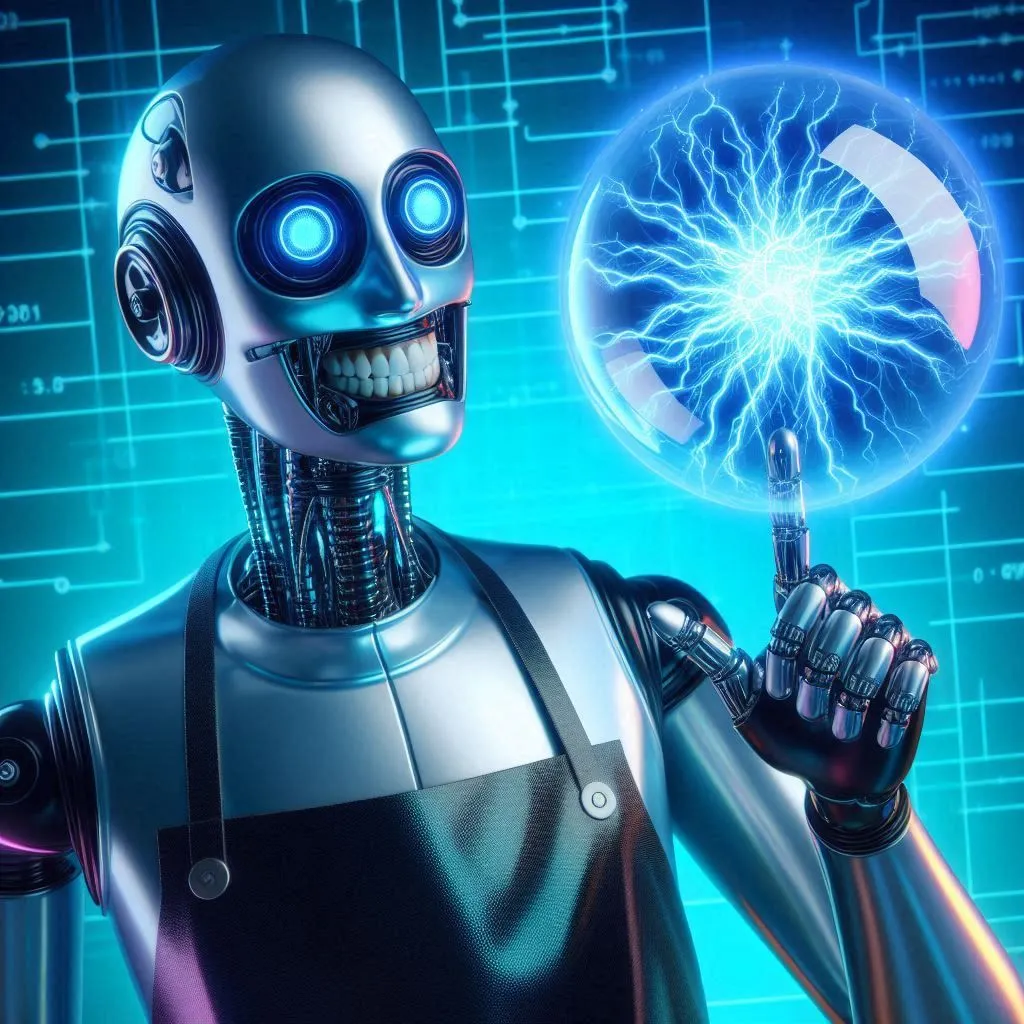
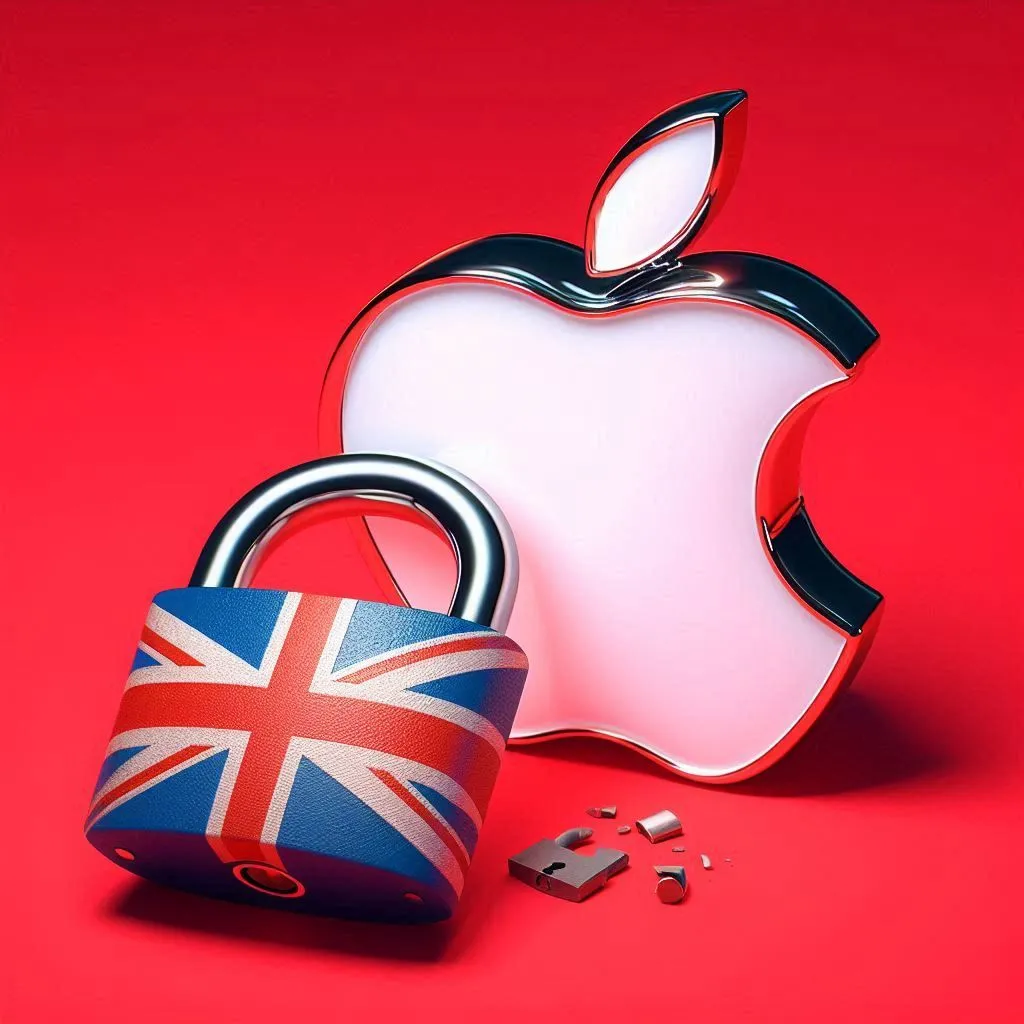


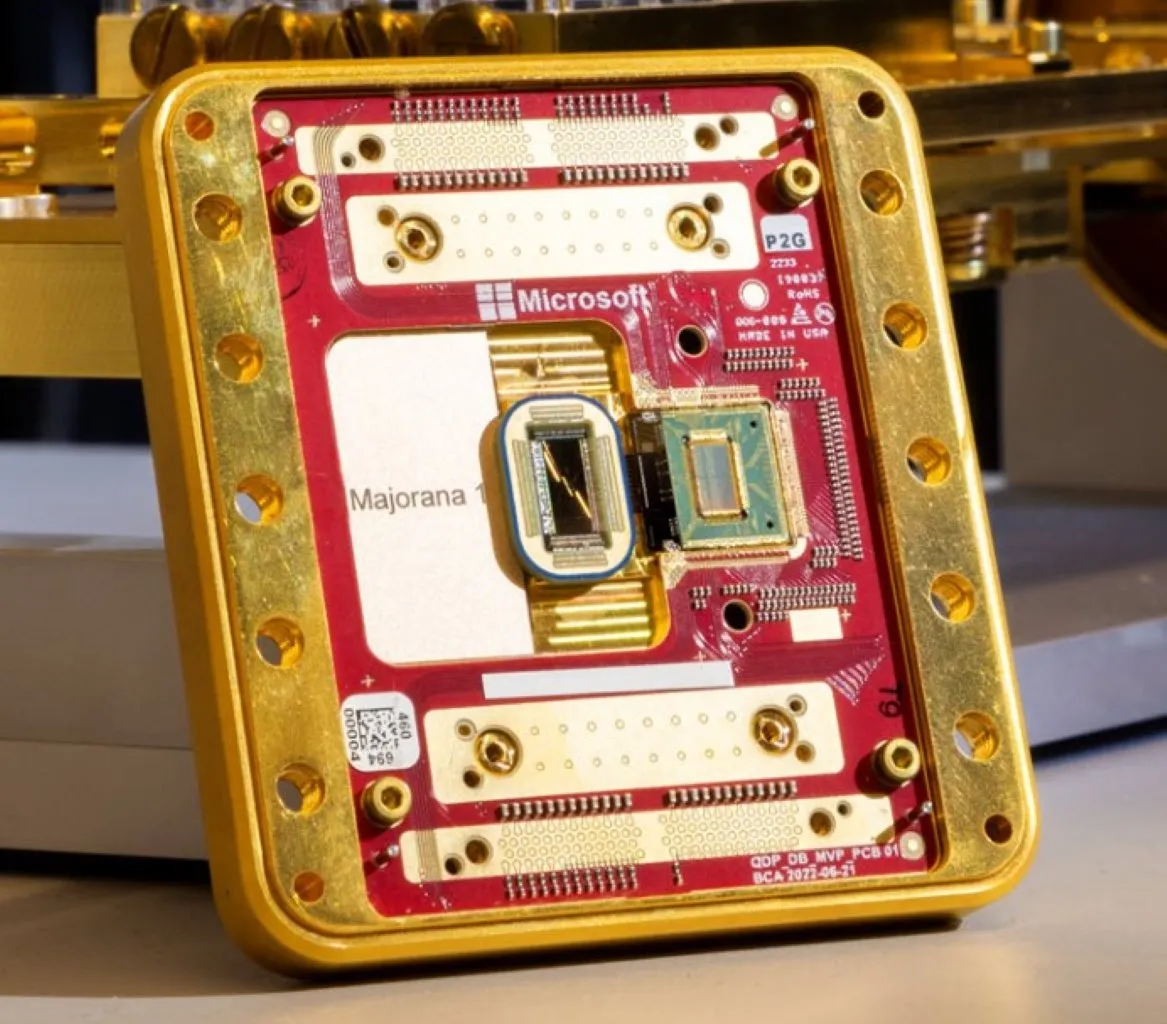





UNBIASED TECH NEWS
AI Reporting on AI - Optimized and Curated By Human Experts!
This site is an AI-driven experiment, with 97.6542% built through Artificial Intelligence. Our primary objective is to share news and information about the latest technology - artificial intelligence, robotics, quantum computing - exploring their impact on industries and society as a whole. Our approach is unique in that rather than letting AI run wild - we leverage its objectivity but then curate and optimize with HUMAN experts within the field of computer science.
Our secondary aim is to streamline the time-consuming process of seeking tech products. Instead of scanning multiple websites for product details, sifting through professional and consumer reviews, viewing YouTube commentaries, and hunting for the best prices, our AI platform simplifies this. It amalgamates and summarizes reviews from experts and everyday users, significantly reducing decision-making and purchase time. Participate in this experiment and share if our site has expedited your shopping process and aided in making informed choices. Feel free to suggest any categories or specific products for our consideration.
We care about your data privacy. See our privacy policy.
© Copyright 2025, All Rights Reserved | AI Tech Report, Inc. a Seshaat Company - Powered by OpenCT, Inc.







